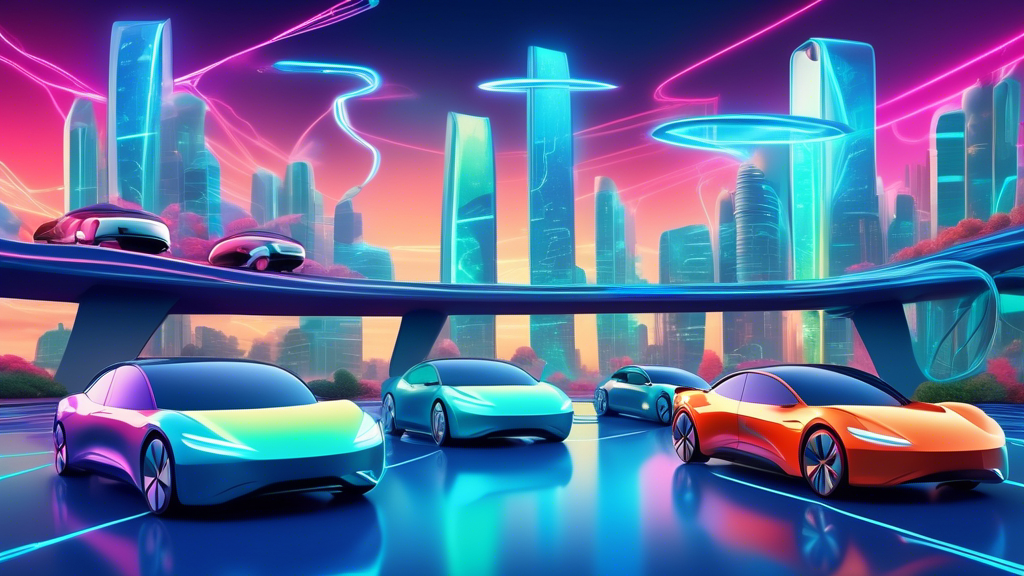
Electric vehicles (EVs) have surged in popularity as concerns over environmental sustainability and rising fuel prices drive consumers to seek alternatives to traditional gasoline-powered cars. While purchasing a new electric vehicle can be expensive, the market for used electric cars is growing, offering a more affordable entry point. However, like any automotive purchase, buying a used electric vehicle has its own advantages and disadvantages.
Pros of Buying Used Electric Cars
Cost Savings
One of the most appealing aspects of buying a used electric car is the potential for significant cost savings. The upfront costs are typically lower than those of new models, and electric vehicles also benefit from reduced maintenance and operating expenses. EVs have fewer moving parts than traditional cars, reducing repair and service costs over time. Recharging an electric battery is generally cheaper than refueling a gasoline tank.
Environmental Benefits
Electric cars produce zero tailpipe emissions, making them a cleaner alternative to gasoline and diesel-powered vehicles. By purchasing a used electric vehicle, consumers contribute to reducing the demand for new car production and help extend the lifespan of existing vehicles, minimizing the environmental impact associated with vehicle manufacturing and disposal.
Government Incentives
Many countries offer tax incentives and rebates for electric vehicle owners, which can sometimes apply to purchasing used electric cars. While these incentives vary by location and might be less substantial for used vehicles, they can still provide additional savings and make electric cars an even more attractive investment.
Immediate Availability
When buying a new electric vehicle, customers can face long wait times for delivery due to high demand and production constraints. In contrast, purchasing a used electric car means the vehicle is immediately available, allowing buyers to bypass the waiting period and enjoy their new purchase sooner.
Cons of Buying Used Electric Cars
Battery Health Concerns
The most significant concern when purchasing a used electric vehicle is the battery’s health and lifespan. Over time and with continuous use, EV batteries degrade, resulting in reduced range and performance. While modern electric vehicles are designed with batteries that last many years, potential buyers should still consider the cost and logistics of replacing a battery in the future. Battery health can vary widely based on usage, charging habits, and initial quality, so thoroughly inspect and test this component before purchasing.
Limited Selection
The used electric vehicle market is still relatively small compared to traditional gasoline cars, leading to a more limited selection of models, colors, and features. This can make it challenging for buyers to find the exact make and model they desire, potentially compromising preferences.
Technology and Performance
Electric vehicle technology is advancing rapidly, with each new model year improving performance, range, and charging speed. Consequently, older electric cars might not offer the same level of performance or range as newer models, and they may lack the latest safety features, infotainment systems, and driver-assistance technologies.
Lack of Warranty
While some used electric vehicles might still be under the manufacturer’s warranty, many will not, leaving buyers potentially exposed to costly repairs if issues arise. It’s essential to consider the remaining warranty’s availability and terms or factors in the cost of purchasing an extended warranty.
Conclusion Pros and Cons of Buying Used Electric Cars
In conclusion, purchasing a used electric car offers a more affordable and environmentally friendly alternative to buying a new one, but it comes with challenges and considerations. Prospective buyers should weigh the cost savings against the potential drawbacks, such as battery life and technology limitations, to make an informed decision that aligns with their needs and preferences. With careful research and due diligence, buying a used electric car can be a wise investment that benefits both the buyer and the planet.
